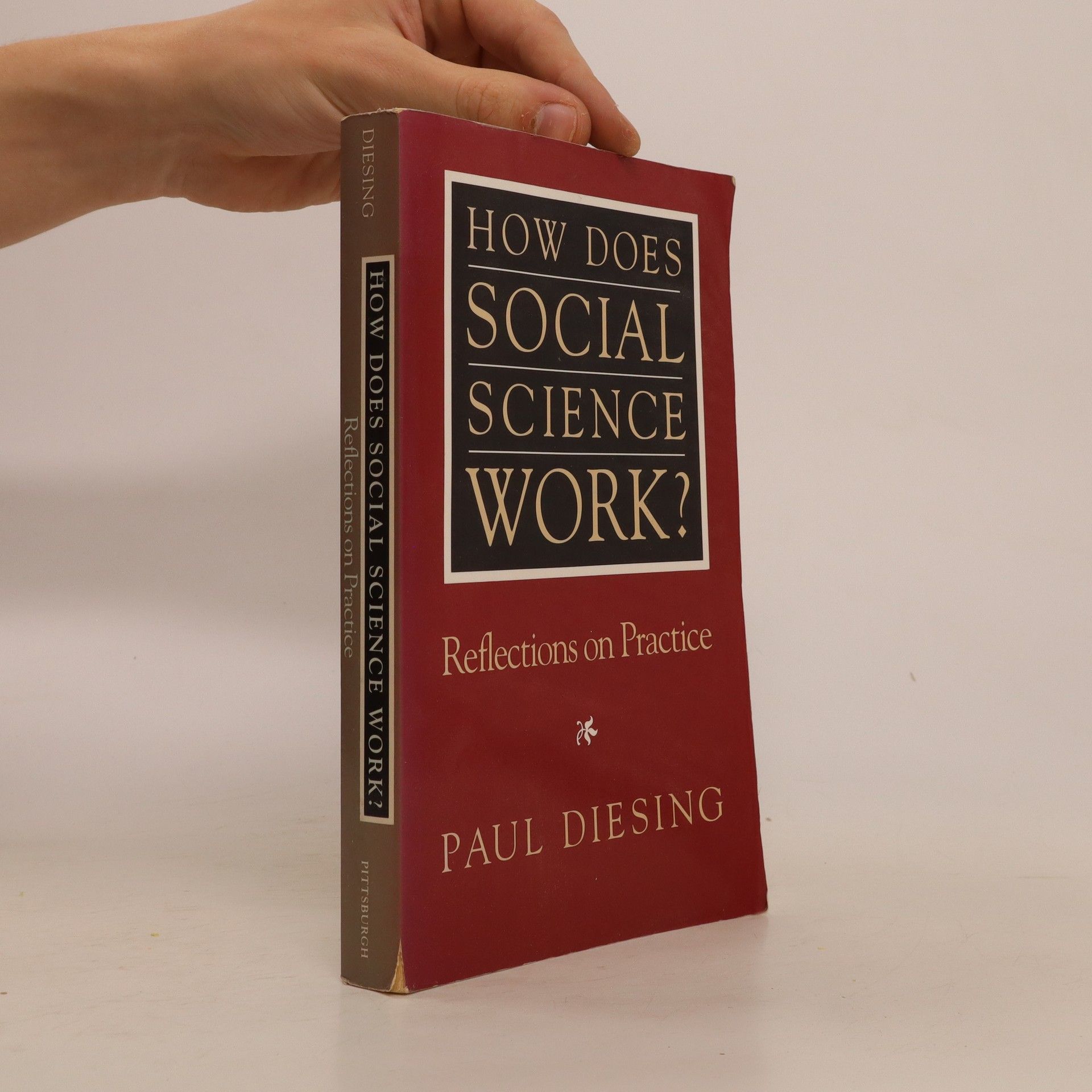Patterns of Discovery in the Social Sciences
- 364 pages
- 13 hours of reading
The book explores the disconnect between social science practices and traditional scientific methodologies established by philosophers and logicians. It redefines the concept of science by focusing on the implicit norms and methods that social scientists employ in their daily research, providing a fresh perspective on how social science can be understood and validated.

